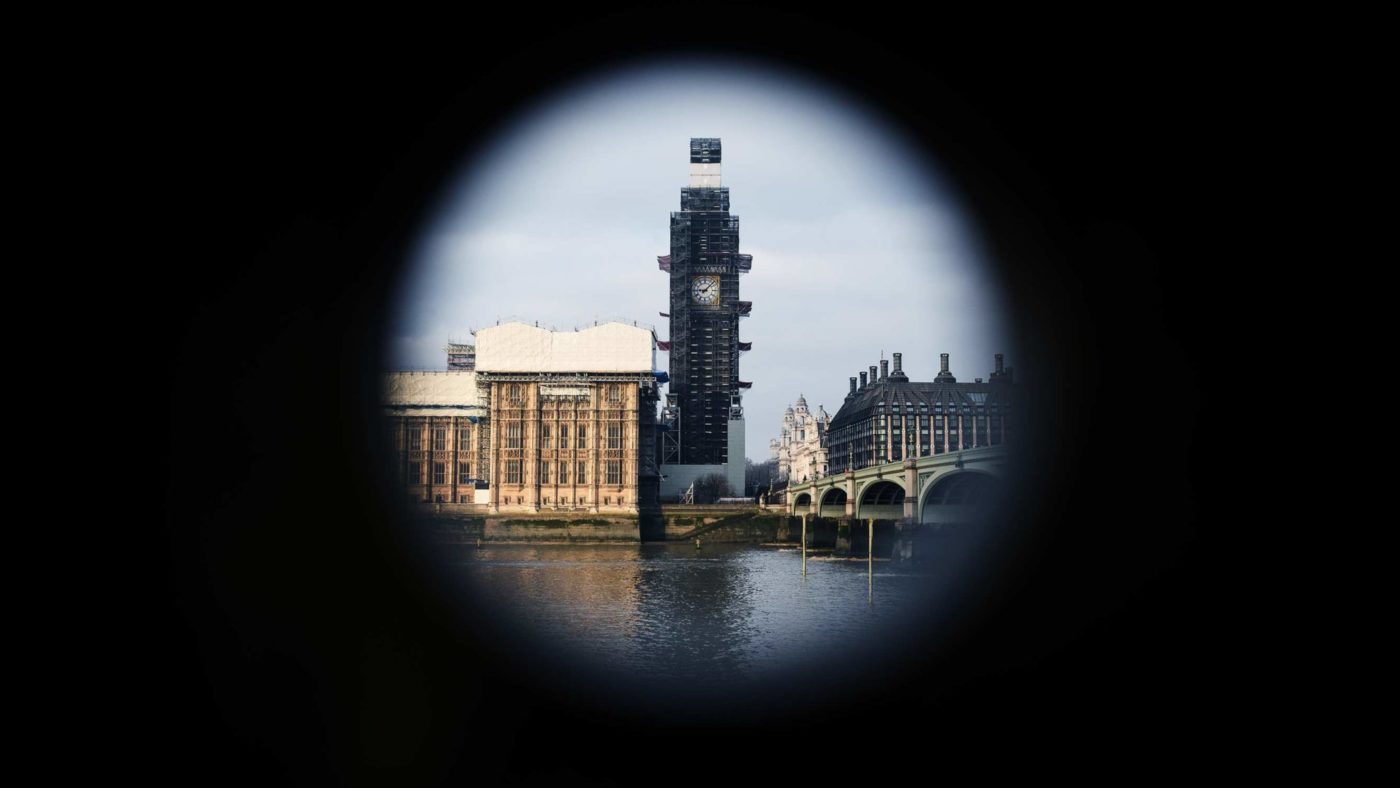Westminster is very far from a model of harmony these days, yet on one point there is an unusual unity. For whatever happens in the broiling Brexit debacle our MPs have decided your disappointment can be pinned upon one solitary figure. Yes, in this respect it matters little whether you see the Prime Minister’s negotiating efforts as thwarting Britain’s glorious global future or as an economically crippling departure from the world’s most powerful trade bloc. Either way, her anointed role in history’s first draft is clear. She is here to carry the can.
Indeed, this, more than anything, explains why her efforts to strike a deal have so far run aground. To vote for a Brexit deal — any deal — is to dip ones finger in the blood of political responsibility. And in this case it really is an act of democratic transubstantiation: this is the moment when Brexit becomes real and Britain must begin reaping three years of promises sowed. Rest assured, whether you are a Remainer MP claiming the sky will definitely fall in, or a Leaver MP arguing not a single bad thing will happen, the arrival of this juncture will clarify minds. Opposing a deal and blaming the Prime Minister hands you a catch-all way out. But vote for one and you must join a herd of Brexit scapegoats. With little safety in numbers.
This dynamic will not disappear even if Parliament successfully persuades the EU to kick the can three, six, or even ten months down the road. Therefore, whilst the Parliamentary majority against no deal is huge, unless MPs are willing to share in the political responsibility for compromise, then an accidental no deal must surely rank as the most likely outcome. After all, May stands ready and seemingly willing to take the blame even for that potential disaster.
Well, to hell with all that: it is time our parliamentarians owned their responsibility for preventing no deal. That this week has seen MPs seriously discussing whether crucial Brexit votes could take place under a secret ballot, or even that Parliament could be suspended, tells you all you need to know about their desperation to avoid democratic accountability. If we do leave without a deal it is they, not the PM — who in striking a deal has done the only thing guaranteed to prevent no deal — who should really feel the political heat.
Indeed, that she has barely changed her negotiating stance this week has my total sympathy. Across the table sit two broad groups of MPs, neither of whom are acting in particularly good faith. On one hand you have a group of wreckers — the ERG, the Labour leadership, Tory leadership wannabes, the People’s Vote campaign — all of whom seek to profit in some way from ongoing instability. In fact, it is helpful to remember this next time somebody airily suggests the Prime Minister should have taken a more collegiate approach to Brexit. British democracy is partisan and antagonistic at the best of times but given just how large this chaos-seeking group is, short shrift should be given to the idea there was ever a “one nation” path towards Brexit.
Then there is the curious collection of MPs who seem positively obsessed with providing compromise solutions to the future relationship. In other words, furiously answering questions they are not currently being asked to vote upon, either by the Government or the EU. Whether we strike a “Canada Plus” trade deal or fall into a Norway-style relationship matters not for now — the Withdrawal Bill’s political deceleration is non-binding. It is an important debate, no doubt. But important enough to play chicken with the ticking no deal clock? I would argue not.
In fairness, as CapX’s Editor Oliver Wiseman made clear at the weekend, Tory Norway enthusiasts such as Nick Boles, have acknowledged this distinction by clearly voting for the Prime Minister’s deal. But on the Labour side? Not so much.
I do hate to keep labouring this point, but the most crucial unanswered question remains what exactly do such MPs want? This week has seen more backbench Labour MPs break ranks and state why they could not support a second referendum. But if you discount that option they are left with only two ways to stop no deal: cancel Brexit by revoking Article 50, or voting for a deal. Of course the substance of the deal may yet change but by definition it will always mean voting alongside a Conservative Government.
And so to the flurry of amendments, the talk of secret ballots, the plea for more time — all the collective sound of Labour MPs dancing on a pin.
Partisanship, blaming Theresa and no deal is the road of least political resistance. Will any Labour MP dare take a different route?


